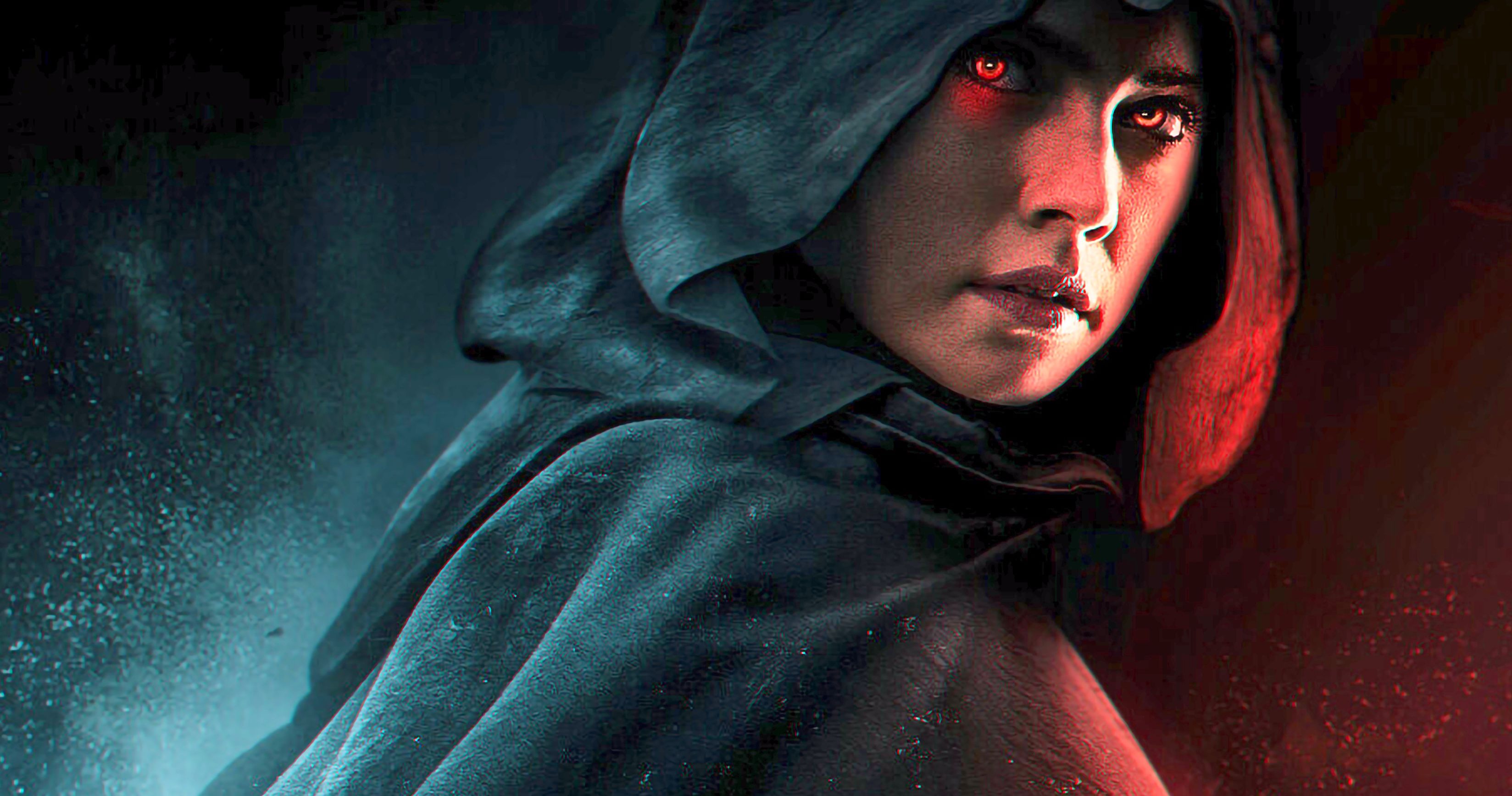The Skywalker saga has now come to an end thanks to the recently released The Rise of Skywalker, bringing the whole nine movie series to an epic conclusion...until Disney decides to make a follow-up trilogy, of course. For those who have yet to see the movie, spoilers are to follow, as director J.J. Abrams discusses and defends the decision to adjust our hero Rey's true origins from being a nobody, to being a descendant of a rather horrible somebody, and why this all ties in thematically.
"One of the themes of the movie is that anyone can be anything regardless of where you're from. I don't know if it resonates for everyone, but I think there are quite a few people who appreciate that idea of not coming from a place that you're particularly excited about or proud of. Though I completely understand 'you're nobody' is a devastating thing, to me the more painful, the more shocking thing was 'you're from the worst possible place.'
And is your destiny, is that thing that you feel, that you know is part of you, somehow, that you're haunted by, is that your destiny? The idea that choices -- there are things more powerful than blood, as Luke says. That feeling was an important thing to convey for us."
Those who are unaware, Abrams is referring to the revelation that Rey is the granddaughter of Emperor Palpatine, who has returned from the dead for The Rise of Skywalker to continue to torment our heroes.
This of course goes somewhat against the previous instalment, Rian Johnson's The Last Jedi, in which Kylo Ren tells Rey that her parents were nobodies and that her lineage is so unimportant that she does not really have a place in the story. This idea was met with both love and hate by fans, with some appreciating the idea that heroes can come from anywhere, whilst others felt it to be anticlimactic.
Abrams continued by bringing Kylo Ren into the conversation, specifically that he himself is the grandson of Darth Vader, with the director liking the idea of having these two grandchildren of iconic, villainous characters from the very start of the saga ultimately deciding their own destiny in spite of their bloodline.
"This whole trilogy -- this 7, 8, and 9 -- is really about the generation that sort of follows the great generation and the idea of balance, bringing balance to The Force. Which is the whole point of the chosen one Anakin in the original trilogy. What I love was the idea that balance brought to The Force doesn't mean it's forever. It's not immediately everlasting. And I think the idea that if we are not careful, the evil will rise again.
That we have to be proactive in doing what we can and maintain the balance, and how does the generation that follows the great generation do that. And the idea that these two main characters, both the grandchildren of these crucially important characters of Palpatine and Skywalker -- as [co-writer] Chris [Terrio] was saying, these two houses coming together in this next generation felt like there was an inevitability to it. And if one were to watch [Episodes] 1 through 9, you know, 50, 100 years from now, hopefully you feel that these stories were inevitably leading there."
Whatever your thoughts on Abrams' decision, The Rise of Skywalker so far is doing well at the box office, though not as well as its predecessors, and has become a major talking point across the internet. The movie has continued the critic/audience divide, currently sitting at 57% critically on Rotten Tomatoes, but with 86% from audiences, it looks like we will be discussing the movie for a long, long time. This comes from Vanity Fair.

